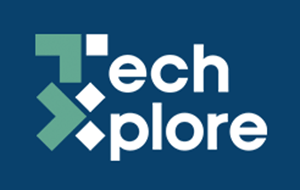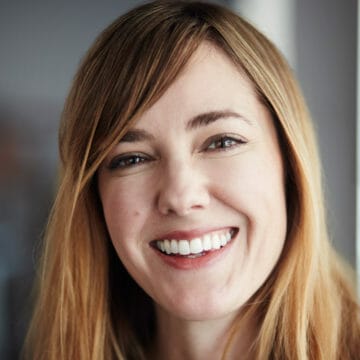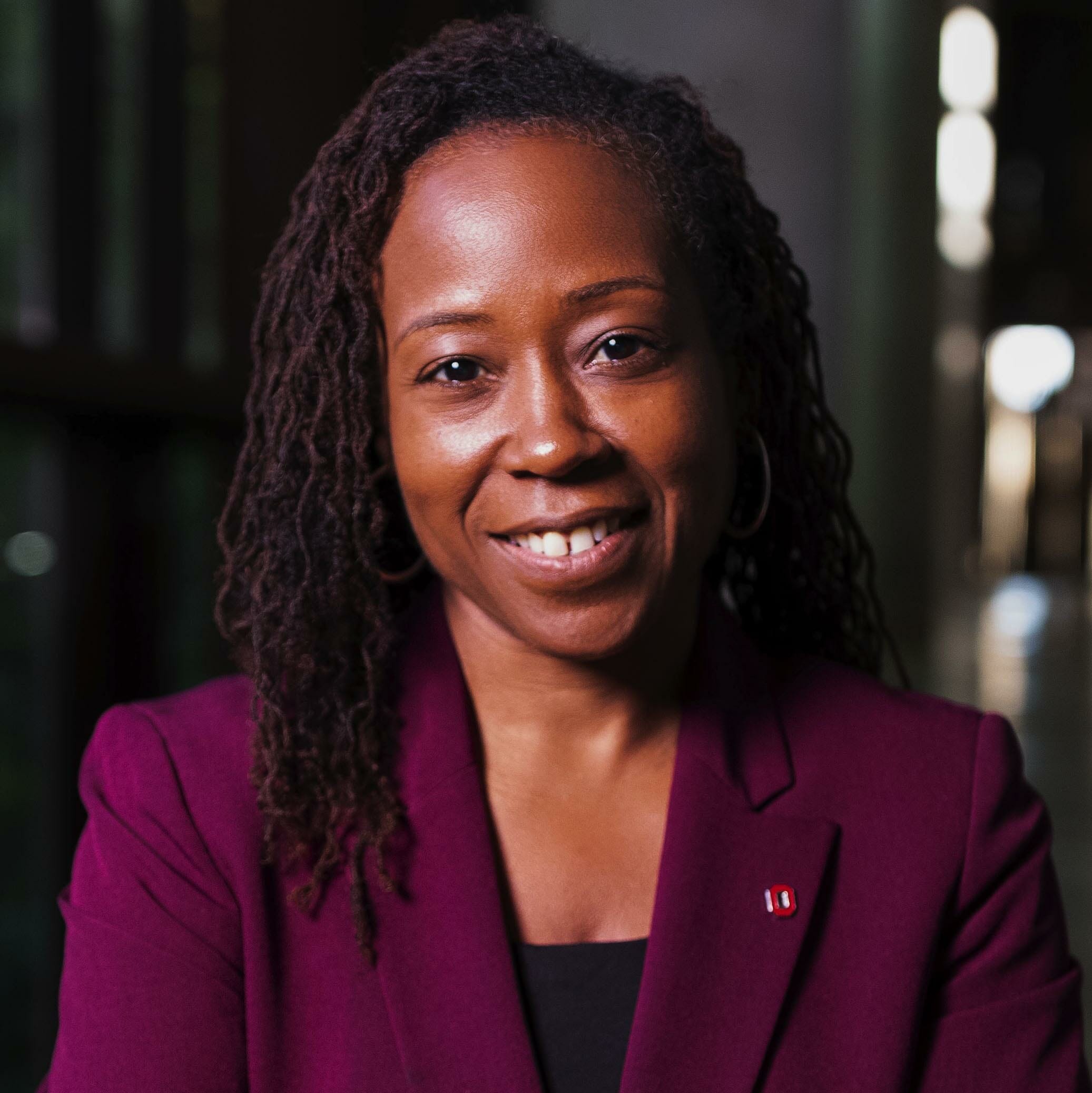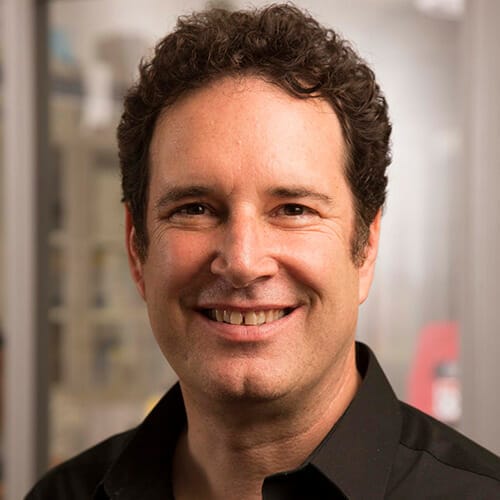Videos
Learn More About Malte Jung
What makes a team truly great in the era of AI? Is it technical fluency, smarter tools or something less tangible but more deeply human?
“As we integrate AI into our workplaces, it’s not just changing how we interact with machines. It’s changing how we interact with each other,” explains Malte Jung, associate professor in information science at Cornell University. “We’re only just beginning to understand the social costs and consequences these technologies bring.”
With a dual Ph.D. in mechanical engineering and psychology from Stanford University, Jung is at the forefront of understanding how intelligent machines like AI and robotics transform team dynamics. A globally recognized expert on the emotional and relational dynamics of teams and how intelligent machines, from surgical robots to smart speakers, subtly and not-so-subtly reshape them, he draws on years of immersive fieldwork to help leaders understand how to design work environments where humans and machines can thrive together.
“We often think about how the design of systems affects how we interact with them,” says Jung. “But fewer studies focus on how those technologies affect how people interact with each other. That’s where the real impact lies.”
At Cornell, Malte is the founder and leader of InterPlay, a research studio which draws from a wide range of methods to explore the interplay between people and forms of automation. His research in environments spanning operating rooms, hospitality, manufacturing floors and even major league baseball has pivotal implications for organizations incorporating AI and robotics, bringing executives and leaders, especially those in the HR space, vital insights into maintaining healthy team interactions in technologically advanced work environments. By equipping organizations with practical suggestions for supporting teams’ social health through creative environments and new behaviors, Malte helps them excel by rethinking interaction strategies and design processes, ensuring technology enhances a team’s effectiveness in terms of instrumental outcomes and team viability, as well as learning and growth.
Rethink Teamwork With a Strategic Approach to AI in the Workplace
Jung’s approach is grounded in a surprising insight: the same emotional patterns that can predict divorce can also predict performance breakdowns in engineering teams. This finding launched a journey of exploring what makes some teams more resilient, innovative and successful, particularly when intelligent machines are introduced.
Whether studying how surgical robots affect collaboration or how smart replies influence perceptions of authenticity, Jung reveals how emotional labor, communication patterns and trust are transformed when machines become teammates. In doing so, he equips organizations with a profound and practical understanding of what sustains high-performing teams in a tech-enabled world.
“Your toaster, your car, your hotel lighting system — these are all robots now,” he points out. “The question is no longer about when and how AI will join your team, because it’s already there. The question is now is ‘how will you design your teams to succeed with these interactions in mind?’”
Through vivid storytelling, provocative research and clear design strategies, Jung helps leaders rethink how they implement and design technologies for collaborative work. His framework for team-centered AI implementation draws on real-world examples and original field studies to show leaders how to maintain psychological safety, preserve creative tension and avoid the common pitfalls that lead to disengagement and dysfunction.
Building Better Teams by Design
As today’s leaders are asked to drive transformation, implement AI and maintain thriving team cultures all at once, Jung’s presentations offer a deeply resonant and actionable guide for meeting those challenges. Whether personally advising Fortune 500 innovation teams or inspiring global HR leaders from the stage, he translates high-level research into powerful new mental models, behaviors and design strategies that can immediately be put into practice. In engaging, future-focused and optimistic sessions, he delivers a blueprint for responsible, effective, human-centric tech integration.
Unforgettable and energizing, Jung ultimately empowers leaders and organizations to turn AI from a disruption into a catalyst that strengthens collaboration, fosters belonging and future-proofs performance for all employees.
# # #
Malte Jung is an associate professor of information science and the Nancy H. ’62 and Philip M. ’62 Young Sesquicentennial Faculty Fellow at Cornell University. His work focuses on the future of work and collaboration involving intelligent machines. He is fascinated by questions about how AI-driven systems such as robots or large language models transform how we interact and collaborate with others.
Jung holds graduate field faculty appointments in the departments of computer science, communication, mechanical engineering and cognitive science. He founded and leads InterPlay, a transdisciplinary research studio that explores the interplay between people and intelligent machines through a wide range of approaches including design research, laboratory studies and ethnographic fieldwork.
Jung completed his Ph.D. in mechanical engineering at Stanford University’s Center for Design Research. He also holds a Ph.D. minor in psychology from Stanford and a diploma in mechanical engineering from the Technical University of Munich. Before joining Cornell, Jung completed a postdoc at Stanford’s Center for Work, Technology & Organization.
Malte Jung is available to advise your organization via virtual and in-person consulting meetings, interactive workshops and customized keynotes through the exclusive representation of Stern Speakers & Advisors, a division of Stern Strategy Group®.
Teamwork With Robots: How AI and Automation Change Human Collaboration
As organizations integrate AI, robotics and other intelligent systems into their workflows, the focus is often on usability and efficiency. But what about the effects this tech can have on the social fabric of the teams that use them? Drawing on years of immersive field research, from surgical teams to hospitality and manufacturing, Cornell University professor and fellow Malte Jung, Ph.D., reveals how intelligent machines reshape communication patterns, trust and emotional labor within groups of all types. Optimistic and energizing, he shows leaders how to anticipate and mitigate the hidden social costs of automation and, more importantly, how to design environments where human-robot collaboration makes teams stronger, and more innovative and resilient. Audiences will leave with tools to evaluate the emotional and relational impacts of intelligent machines, and practical strategies for ensuring technology enhances, rather than disrupts, team cohesion and effectiveness.
How K-Pop Can Help Us Build Better Robots
Why do some social robots fail while others become cultural icons? Sophisticated machines like Jibo, Anki, and Kuri vanished from the U.S. market, yet robots such as Aibo, RoBoHoN, and Lovot continue to thrive in Japan. This challenges the widely held assumption that robot success comes from better hardware, smarter algorithms, or more expressive design. Cornell University professor Malte Jung, Ph.D., makes a different case: he argues that K-pop can help us understand how we might transform machines into social entities people want to live with and what it means for any company designing AI-enabled products today. Drawing from insights developed over a multi-year research project on Japanese companion robots, he shows that robots don’t succeed because of their technical sophistication. They succeed because they are enculturated – raised inside rich social ecosystems that give them meaning. He found that Japanese companies understand this intuitively. Rather than marketing robots as consumer electronics, they treat them like brands, characters, or beloved pets. They follow a playbook akin to the K-pop industry: building narratives, rituals, fan communities, events and care infrastructures around each robot. Thus, companion robots succeed in Japan not because Japanese culture uniquely “loves robots,” but because Japanese companies actively create the conditions that allow robots to become lovable.
What Makes a Great Team in the Age of AI?
The best teams share more than skills — they share healthy emotional and relational dynamics that enable team members to perform at their best. According to groundbreaking research by Cornell University professor and team dynamics expert Malte Jung, Ph.D., the same emotional patterns that predict divorce can also be used to anticipate performance breakdowns in engineering teams. In this eye-opening talk, he reveals how AI tools and robotics can alter these dynamics in unexpected ways. He helps leaders understand how to preserve creativity, constructive conflict and psychological safety while adopting advanced technologies, ensuring that “future-ready” teams are also healthy, adaptable and high-performing. Leaders exit with a fresh, research-backed understanding of team dynamics, along with a framework for building emotionally intelligent teams that are better enabled to thrive under complexity.
Redesigning Robots for the Workplace
Not all robots look like robots – your sliding door, smart speaker and even coffee maker may already be using robotic technology, and the way you interact with them can impact how you interact with others. As AI quietly integrates into the workplace through tools, devices and systems, their design increasingly affects not just the user experience but the way entire teams interact. Malte Jung, Ph.D., Cornell University professor and founder and leader of InterPlay Research Studio, invites audiences to rethink robotics and AI design from a team-centered perspective. Drawing on his extensive design engineering background, he offers a strategic framework for developing and implementing intelligent machines that support collaboration, cohesion and workplace culture. Using vivid examples, he illustrates the subtle but impactful ways machines shape human interaction and unveils a methodology for better designing technologies that support sustainable, effective and healthy team environments. Participants walk away with design principles and evaluative questions to help them select, shape and implement AI tools that strengthen human connection and performance.
Designing AI-Ready Teams: A Hands-On Approach to Collaboration in the Machine Age
This immersive workshop equips leaders and teams with the mindset, skills, and strategies needed to thrive alongside intelligent machines. Guided by Malte Jung, Ph.D., participants will:
- Analyze real-world cases from Jung’s field research to identify how AI and robotics can unintentionally disrupt team dynamics.
- Map their own team’s social health, pinpointing potential friction points as new technologies are introduced.
- Engage in design exercises to prototype workplace changes – from physical environments to communication protocols – that promote creativity, cohesion, and resilience.
- Leave with a tailored action plan for implementing AI and robotics without sacrificing the human connections that drive performance.
By the end, participants will not only understand the challenges of human-robot teaming but will have actionable strategies to turn them into opportunities for innovation and stronger collaboration.


















